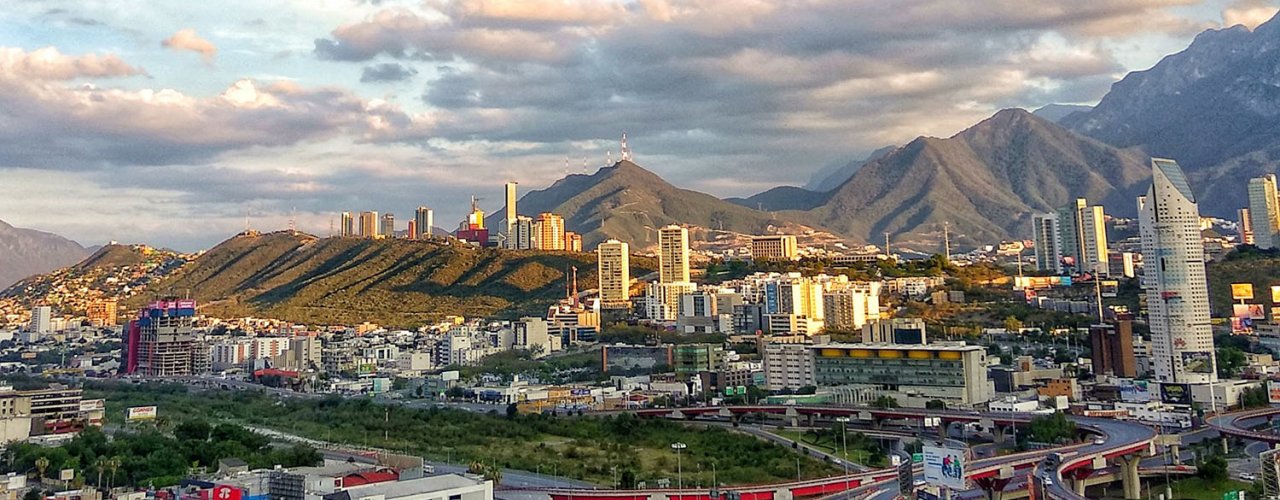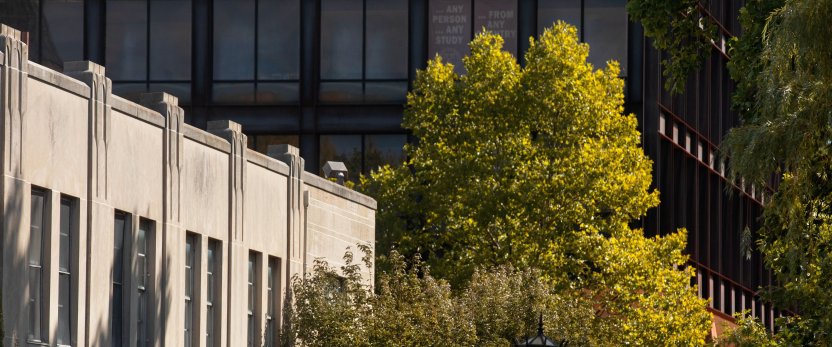Campus Resources for International Engagement
Today’s most pressing research questions are global. To support the university's growing international portfolio while maintaining compliance and common-sense security measures, Cornell provides these helpful resources and tools.
Formalizing Institutional Collaborations
Substantial collaborations with foreign universities or institutes (e.g., student or scholarly exchange or unfunded research collaboration activities) should be formalized by establishing a memorandum of agreement (MOA) and appropriate project agreements. Cornell has dozens of MOA and project agreements on file with universities and institutes around the world. Your needs may already be addressed in an existing and active agreement. Before starting work on a new MOA, contact your operating unit's contract administrator to determine if an MOA that fits your specifications already exists.
All MOAs require the protection of academic freedom and non-discrimination on the basis of “age, ancestry, color, disability or handicap, national origin, race, religious creed, sex, sexual orientation, or veteran status.”
Preparing Compliant Contracts and Grants
International research and collaboration agreements are complex and require significant time to process. Start early--well before deadlines for funding, project start dates, or public announcements.
- For sponsored research projects, the Office of Sponsored Programs oversees international collaborations and funding.
- For most other international collaborations (MOA, letters of intent, revenue generating, etc.) please reach out to your operating unit's contract administrator.
Global Operations can help identify the right type of contract for your activity. Our expertise goes beyond contracts; we also advise on international HR and tax, as well as other regulatory compliance concerns. Contact Global Operations.
Intellectual Property
The Center for Technology Licensing (CTL) manages intellectual property (IP) in accordance with Cornell’s inventions and related property rights and copyright policies. All Cornell inventions must be disclosed in writing to CTL, which evaluates and protects disclosed technologies with appropriate means, including patent applications filed in the United States and other countries. CTL licenses technologies to corporate partners through license agreements. The CTL team works with the Export Controls Office to design and implement technology control plans and non-disclosure agreements to protect IP and material transfer.
Export Controls
Cornell is committed to full compliance with U.S. export control laws and regulations administered by the U.S. Department of Commerce, the U.S. Department of State, and the Office of Foreign Assets Control (OFAC).
The Export Controls Office provides guidance and support to help the university community meet these requirements. However, every member of the Cornell community shares responsibility for compliance.
New to export controls? Start with this quick reference to understand the basics and identify activities that may require review.
DOJ Bulk Data Rule
Effective April 8, 2025, the U.S. Department of Justice introduced the Bulk Sensitive Data Rule (28 C.F.R. Part 202). This rule restricts or prohibits sharing large volumes of sensitive personal data—such as biometric, genomic, health, financial, and precise geolocation data—with individuals or entities from designated “countries of concern” (China, Russia, Iran, North Korea, Cuba, and Venezuela). This rule applies to bulk transfers, even if encrypted or anonymized, and non-compliance can result in severe civil and criminal penalties. For full details, visit this page.
Restricted Party Screening
Cornell uses Visual Compliance, a screening tool which checks entities against global restricted party lists. These lists include:
- U.S. government watchlists from the Departments of Commerce, State, and Treasury
- Lists from law enforcement agencies, international organizations, and foreign governments
Need to screen an individual or entity? Email Export Controls for assistance or to request access to Visual Compliance.
As part of Cornell's compliance program, Global Operations screens new collaborators through the Icertis contract management process.
Immigration
For advice and assistance with bringing international researchers and faculty to the United States, consult International Services in the Office of Global Learning.
Faculty traveling abroad on university business may require a specific type of entry visa to enter the country lawfully. Cornell’s visa processing services vendor, Travel Document Systems, can advise and process most types of visas. They are particularly helpful in applying for certain visas that can be especially challenging (e.g., those for China, Russia, and Brazil).
University Oversight
The university has created an International Committee (IC) made up of senior university leadership and chaired by the vice provost for international affairs. This committee meets monthly during the school year and provides advice, support, and oversight for international activities across the university.
The IC promotes the Guidelines on International Ethical Engagement to help faculty members collaborate with research partners in areas of the world where certain forms of speech and expression may be restricted while still protecting academic freedom. Additionally, when there are concerns about violations of academic freedom or other core Cornell values in faculty international engagements, the guidelines can help faculty members carefully consider and develop an appropriate response with assistance from university leadership.
For questions on the International Committee or ethical engagement, please reach out to vpia@cornell.edu.
Updated: January 7, 2026


